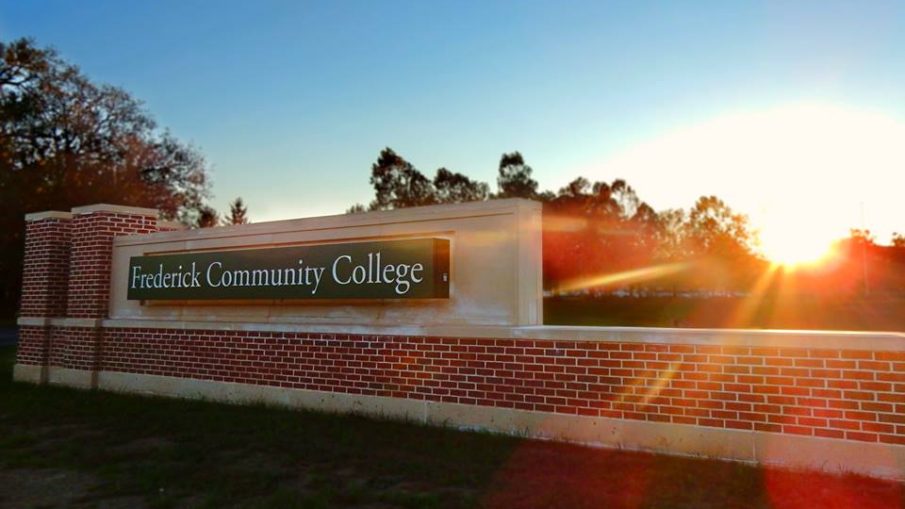By William Lamkin
 Technology today is fundamentally changing the way students are entering the job market. The main cause of change is an increase in access to the Internet.
Technology today is fundamentally changing the way students are entering the job market. The main cause of change is an increase in access to the Internet.
The Internet is an extremely useful tool in searching for available jobs in your field. You could search Google for “jobs in Maryland” today and you would find over 200 million results from websites like Indeed which target job-seeking demographics such as students, narrowing their search based on specified criteria.
“I definitely made use of The Internet when I was researching jobs,” said Abraham Moreno, a student at FCC. “I even changed my major altogether based on projected job outlooks.”
Even FCC has an employment page on their website which tells you how and why you should work there. From the same webpage you can find links to charts, pay scales, benefits, policies, procedures and other useful information about campus related employment opportunities. FCC even makes a point to send out specific job opportunities to students at the start of a new semester through their email accounts.
Nowadays, instead of a paper résumé, the younger generation submit their résumé to an employers website or in some cases send a 140 character résumé in the form of a tweet, commonly known to social media savvy as a “Twesume“. Taking matters even farther, in 2012 Union Square Ventures, a U.S. venture capitalist firm, instead of a proper résumé, only accepted links to a potential employee’s Web presence.
As opposed to traditional sit-down interviews, interviews today take place over a live video conference or by submitting a recorded video interview upon request of an employer. This format reduces the amount of time employers need to invest into the interview process. Submitting a recorded video also provides the job-seeker more time to reflect and properly flesh out a response. Several websites, such as Forbes and Business Insider, are taking advantage of this new process by giving their readers tips on how to ace a video interview.
“The whole process has become less personal. People used to send thank you notes to potential employers after an interview,” said Rachel Wissner, the mother of an FCC student.
“The last interview I had, they didn’t even have the courtesy to tell me I didn’t get the job. It makes me sort of worry about how employers will consider people like my daughter who will be entering the workplace in the next few years.”

